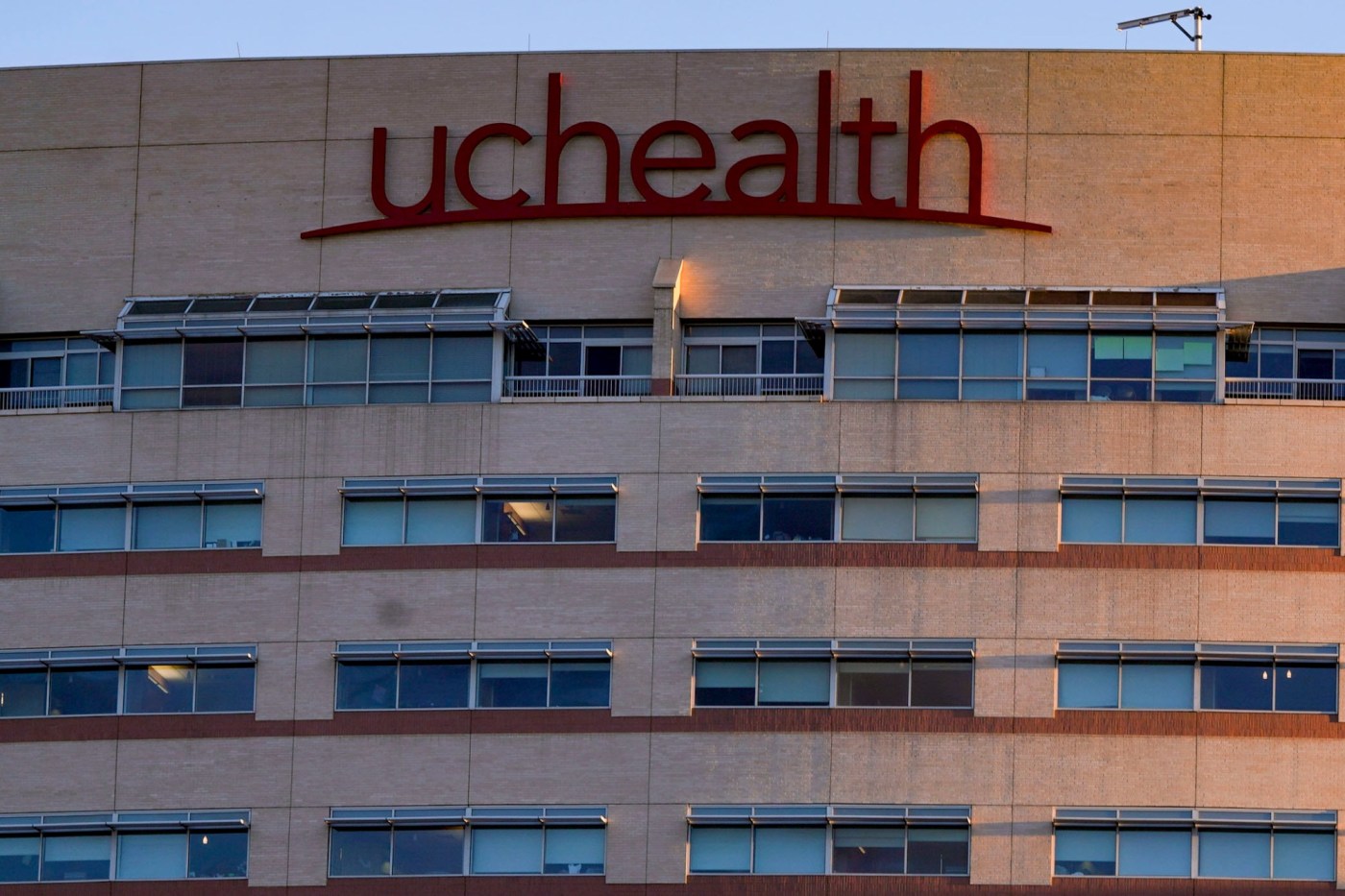Colorado has reached an agreement with UCHealth, allowing the state to avoid reclaiming nearly $60 million that had been allocated to public hospitals, including Denver Health and numerous rural facilities. This resolution, announced on Tuesday, puts an end to ongoing legal disputes related to the classification of UCHealth’s hospitals.
The conflict arose when UCHealth filed a lawsuit against the Colorado Department of Health Care Policy and Financing, claiming that two of its hospitals had been incorrectly designated as public facilities rather than private nonprofit organizations. A ruling from a Denver District Court supported UCHealth’s position, instructing the state to reclassify both Memorial Hospital in Colorado Springs and Poudre Valley Hospital in Fort Collins. Following this ruling, the department appealed in July.
The classification of hospitals holds significant implications due to the state’s provider tax structure. Hospitals contribute approximately $1.3 billion annually, receiving around $500 million in federal matching funds. Generally, hospitals benefit from this arrangement, although those with a smaller percentage of Medicaid-covered patients may find themselves at a disadvantage.
Under the provisions of H.R. 1, also known as President Donald Trump’s “big beautiful bill,” Colorado will need to reduce its tax rate in subsequent years. The state pools hospital tax revenue and redistributes it based on each facility’s Medicaid patient share relative to others in their group. By moving Memorial and Poudre Valley from the public to the private category, the available funds for public hospitals decrease, while the two hospitals are likely to receive increased returns from the provider tax.
The state indicated that retroactively reclassifying these UCHealth hospitals would necessitate reclaiming $59.7 million already distributed to 29 publicly owned hospitals. While Denver Health did not comment on the situation, a representative for 13 hospitals in the Eastern Plains expressed concerns that some facilities would struggle to return funds, as they had already allocated their provider tax distributions to cover operational expenses.
As part of the agreement, the Department of Health Care Policy and Financing will withdraw its appeal, and UCHealth will forgo any claims for redistribution of previously paid provider taxes. Elizabeth Concordia, president and CEO of UCHealth, expressed gratitude for the collaborative efforts that led to the resolution, highlighting the importance of partnership in achieving positive outcomes for patients and the community.
“The greatest successes for patients and our state happen when hospitals, HCPF, and the administration work together collaboratively,” Concordia stated in a news release. In a further show of goodwill, UCHealth committed to donating $5.7 million to support public hospitals that may face reduced funding as a result of the reclassification. The Colorado Hospital Association will assist in determining the allocation of this donation.
Jeff Tieman, president and CEO of the Colorado Hospital Association, praised UCHealth’s decision to waive changes for the previous year and invest additional funds this year. “Instability or uncertainty in the fee could have pushed vulnerable hospitals past the breaking point,” he remarked. “UCHealth’s approach demonstrates a real commitment to protecting access to care in rural Colorado. We are deeply grateful for their partnership.”
This resolution represents a significant step toward ensuring continued financial stability for Colorado’s hospitals, particularly in underserved areas, as the state navigates the complexities of healthcare funding and support.
